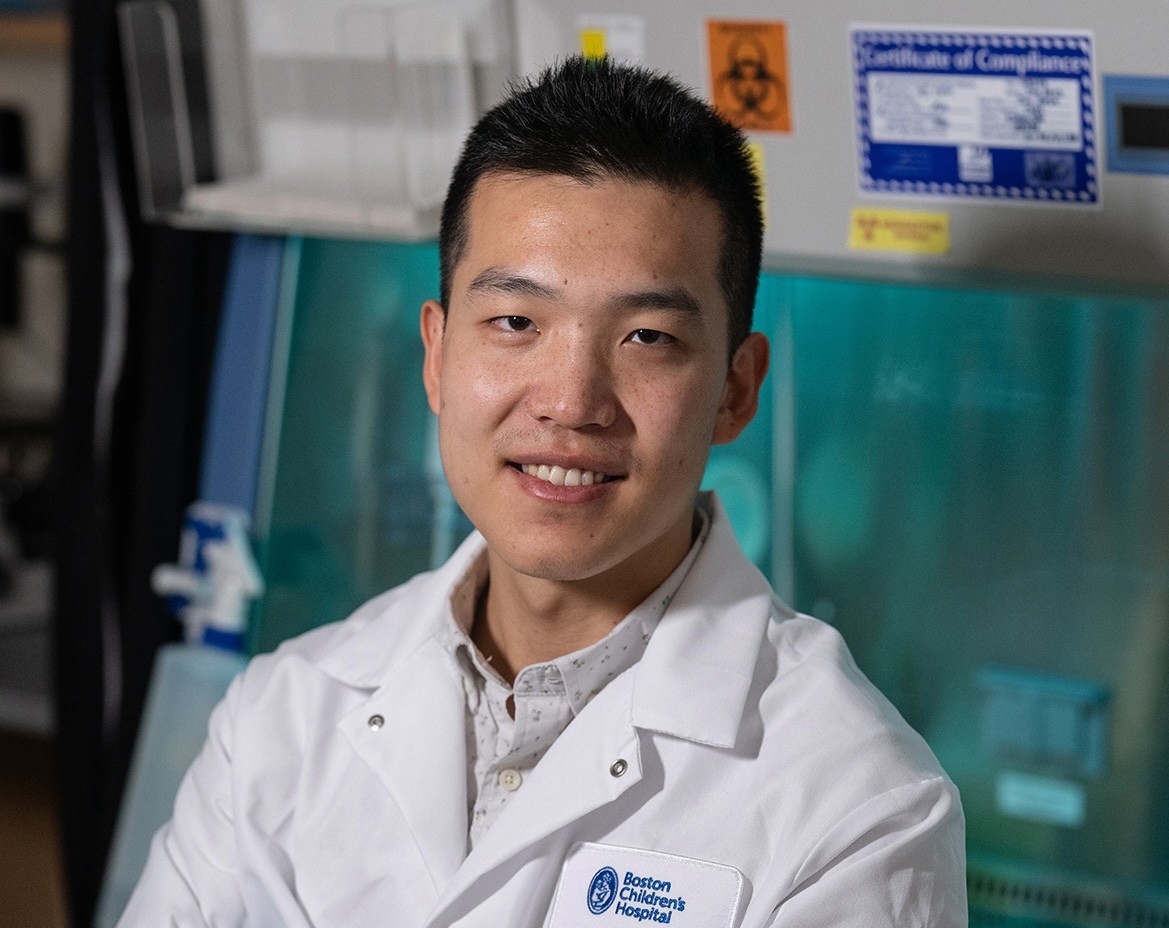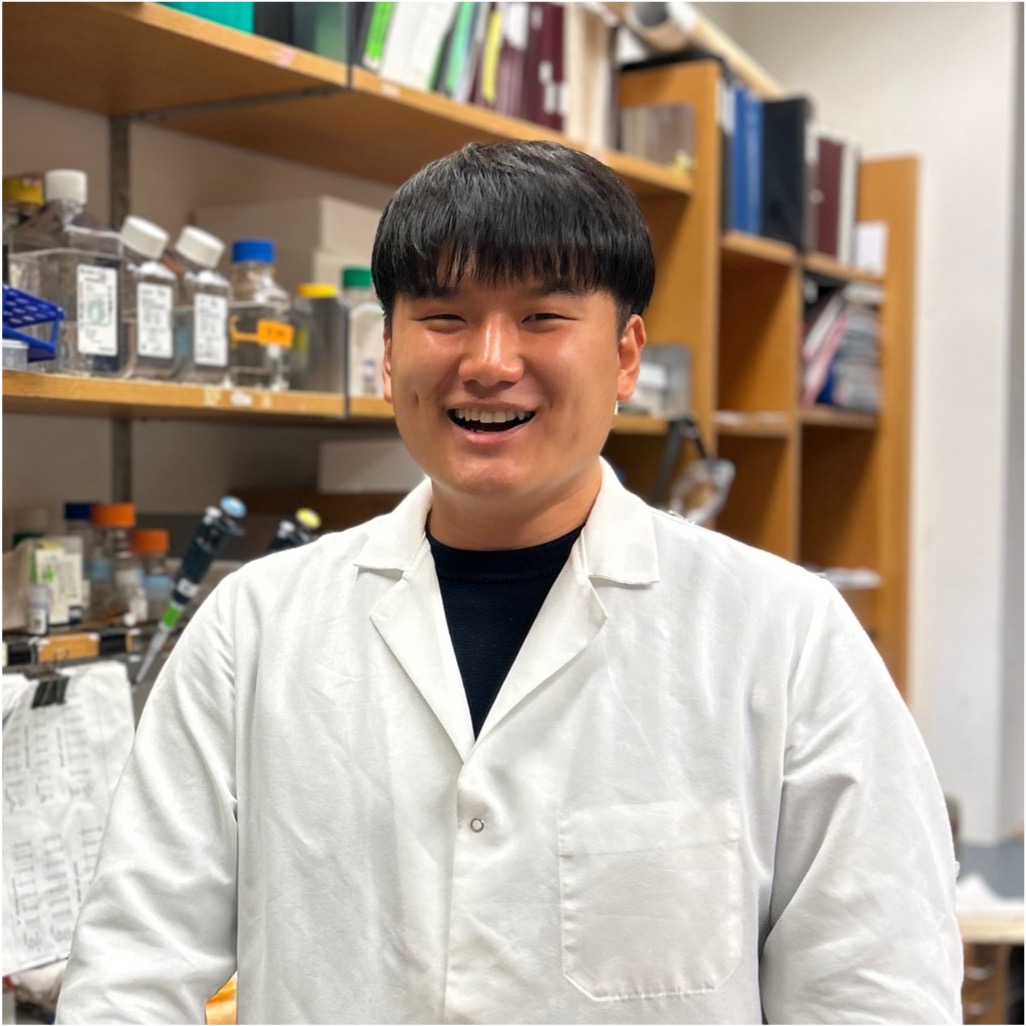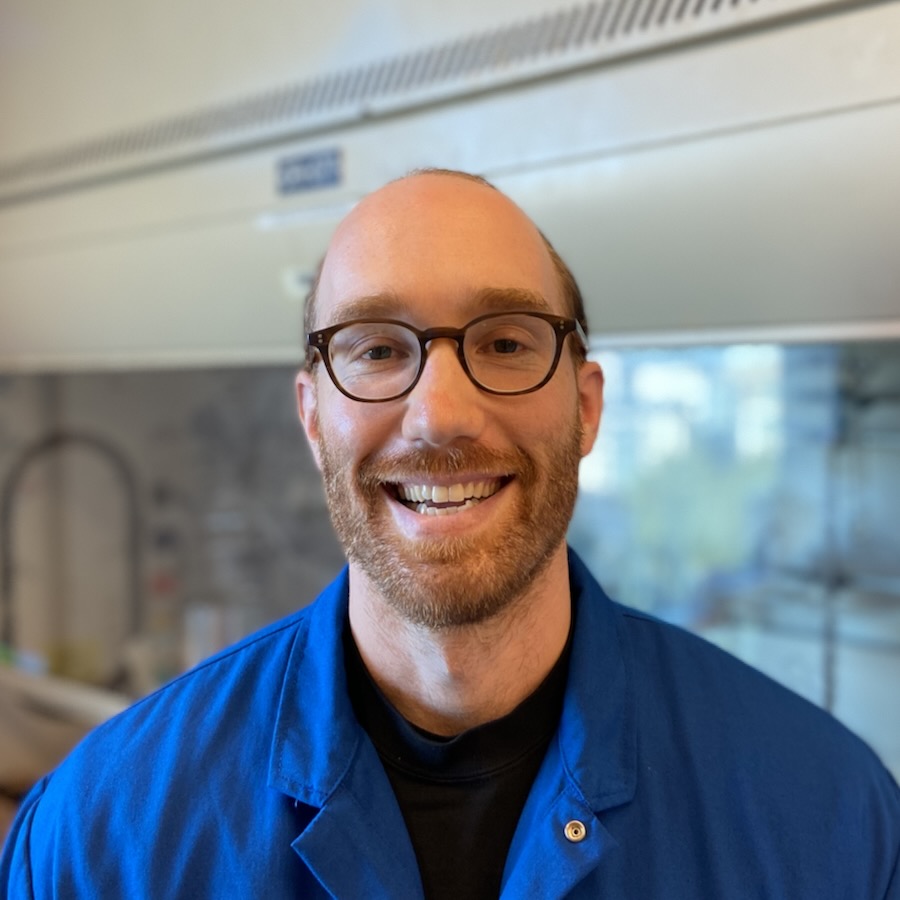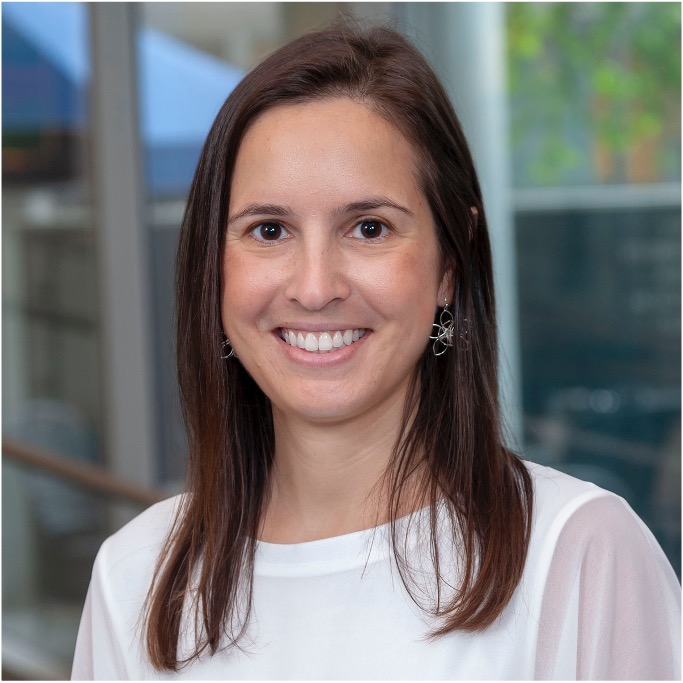Subyeta Chowdhury

Subyeta is a graduate of the Macaulay Honors College at Hunter College, New York, where she earned a BA in Biological Sciences with a minor in Public Health. Born and raised in New York City, Subyeta’s personal medical experiences exposed her to the profound impact of medicine and scientific discovery. These experiences, coupled with clinical volunteer work in hospitals and nursing homes, solidified her aspiration to pursue a career that intersects both cancer research and medicine. She explored this passion through research experiences in Dr. Ross Levine’s lab at Memorial Sloan Kettering Cancer Center, where she contributed to projects focused on acute myeloid leukemia. In the summer of 2024, she deepened her research experience as a Harvard-Amgen Scholar at Boston Children’s Hospital, studying clonal hematopoiesis in the lab of Dr. Vijay G. Sankaran, current Sponsor to a Damon Runyon Fellow and Damon Runyon-St. Jude Fellow. Subyeta’s research efforts were recognized with the Horace W. Goldsmith Scholar Award from Macaulay Honors College. In her free time, she enjoys exploring New York City, building Legos, and unwinding with a good movie.
Isabella Alves

Isabella [National Mah Jongg League Scholar] was born and raised in Puyallup, Washington. She graduated from Pacific Lutheran University, Tacoma, with a BS in Biological Sciences with minors in Chemistry and Business Administration. Her motivation to pursue cancer research stems from her own health struggles, which sparked a strong interest in human health and biology from an early age. Over time, that interest has evolved into a deep intellectual curiosity about the molecular mechanisms of cancer. During her undergraduate studies, she had the opportunity to work as a summer intern in the laboratory of Christina M. Termini, PhD, where she investigated how inhibiting isoprenoid production impacts hematopoietic stem cell (HSC) maintenance, expansion, and survival. Her ultimate goal is to contribute meaningfully to improving patient outcomes by developing safe, accessible, and effective cancer treatments. Outside the lab, she enjoys being outdoors, cooking, dancing, and spending quality time with her family.
Carissa Chan, PhD

Dr. Chan’s [Sijbrandij Foundation Fellow] research focuses on gamma delta T cells, an unusual and understudied population of immune cells. While gamma delta T cells have strong antitumor activity, they are most highly stimulated not by cancer cells but by signals produced by microorganisms. Dr. Chan’s work examines the mechanisms by which gamma delta T cells detect and respond to leukemia versus pathogenic microorganisms, and how infection with these microorganisms subsequently impacts the trajectory of leukemia. This is particularly relevant to patients undergoing conventional cancer treatments (e.g., chemotherapy) that suppress the immune system, rendering them susceptible to infection. Furthermore, gamma delta T cells are capable of both rapid and long-term responses against their targets, which positions them as a tool to treat initial cancer as well as prevent disease recurrence. Dr. Chan received her PhD from Yale University, New Haven, and her BS from the University of California, Los Angeles.
Annabelle J. Anandappa, MD

Acute myeloid leukemia (AML) is an aggressive blood cancer, diagnosed in about 20,000 people in the U.S. each year. New targeted therapies have greatly expanded treatment options, particularly for older adults who cannot tolerate chemotherapy, but despite these advances, most patients with AML will experience relapse. Research has identified that mutations in the RAS signaling pathway are associated with relapse after targeted therapies. Dr. Anandappa aims to establish a role for RAS inhibitors in treating AML and elucidate the role of inflammation in RAS-mutated AML. She will use CRISPR to study over 300 genes involved in inflammatory signaling and determine if blocking them will increase response to treatment with a RAS inhibitor. The outcomes of this project will ultimately guide the design of combination regimens for the treatment of RAS-mutated AML.
Xin Gu, PhD

Dr. Gu’s [Sijbrandij Foundation Breakthrough Scientist] lab studies how cells regulate the destruction of proteins without using the typical "ubiquitin" tag, which signals that a protein should be transported to the proteasome for digestion and recycling of amino acids. The lab has discovered a new pathway, the midnolin-proteasome pathway, that helps degrade key proteins involved in cancer, including several linked to blood cancers like multiple myeloma. The lab’s goal is to understand this pathway better and explore how it might be used to develop new treatments, especially for blood cancers, by targeting specific proteins that drive disease.
Teng Gao, PhD

Hematopoietic stem cells, which are found in the bone marrow and give rise to all other blood cells, maintain lifelong blood production and immune function. Due to their remarkable ability to regenerate the entire blood system, medical uses of HSCs have provided cures for many previously incurable diseases, including blood cancers. However, several unanswered questions limit our ability to full harness their therapeutic potential for cancer treatment. What regulates HSC regeneration? Why does their function decline with age? How does HSC behavior vary in healthy individuals? Using cutting-edge single-cell analyses and computational biology, Dr. Gao [HHMI Fellow] aims to identify the molecular and cellular factors involved in HSC regeneration, as well as possible targets for enhancing their regenerative potential. This work could enable significant improvements in stem cell-based therapies for cancer treatment. Dr. Gao received his PhD from Harvard University, Cambridge and his BS from Washington University, St. Louis.
Sangin Kim, PhD

The cellular response to DNA damage is coordinated by an enzyme known as ATM kinase. Mutations in ATM are found in approximately 1% of the population and contribute to an increased risk of both hereditary and sporadic cancers, including breast cancer. Dr. Kim’s [Lallage Feazel Wall Fellow] research investigates how ATM suppresses the production of double-stranded RNAs (dsRNAs) in response to DNA damage. These dsRNAs play a critical role in tumor progression. Dr. Kim aims to identify the key molecular players involved in ATM-mediated suppression of dsRNAs and elucidate how the loss of ATM function triggers inflammatory responses through dsRNA sensing pathways. By uncovering these mechanisms, Dr. Kim aims to deepen our understanding of how ATM mutations drive cancer development and uncover novel therapeutic strategies for ATM-associated cancers. Dr. Kim received his PhD and BS from the Ulsan National Institute of Science and Technology, Ulsan.
Rodrigo Gier, PhD

Drug therapies that selectively target proteins that drive the growth of tumor cells are rapidly becoming the standard of care for many cancers. However, tumors are often able to evade inhibition by targeted anti-cancer drugs by activating other proteins, leading to drug resistance. Dr. Gier [HHMI Fellow] is developing a new therapeutic approach that repurposes existing drugs to release highly toxic cargoes, known as payloads, that aggregate in drug-resistant cancer cells and kill them. As a general platform, it is applicable to a wide range of solid and liquid cancers. Dr. Gier received his PhD from University of Pennsylvania, Philadelphia and his BA from Swarthmore College, Swarthmore.
Pu Zhang, PhD

Dr. Zhang is studying a unique three-stranded nucleic acid structure, called an R-loop, to understand its role in cancer development and find ways to target and control its formation. R-loops consist of a DNA-RNA hybrid and a displaced strand of DNA. R-loops occur frequently in human genomes, and while they play an important role in blood cell differentiation and immune cell function, they can also interfere with DNA repair and promote genome instability, giving rise to leukemia. However, the dynamic nature of R-loop formation hampers the detection of this structure in a small cell sample. To address this challenge, Dr. Zhang is developing novel techniques to map R-loops in normal blood stem cells versus blood cancer cells at single-cell resolution. He also plans to investigate leukemia-specific R-loops in vitro and in vivo with CRISPR-based screening techniques. The goal of his research is to aid development of therapeutic interventions for R-loop-related gene expression dysregulation in cancer, especially leukemia. Dr. Zhang received his PhD from Ohio State University, Columbus, his MS from University of Edinburgh, Edinburgh, and his BS from Chongqing University, Chongqing.
Oriana Miltiadous, MD

Dr. Miltiadous is investigating how the gut microbiome affects the immune system in children undergoing a cancer treatment called allogeneic hematopoietic cell transplantation (allo-HCT), which is often used for aggressive pediatric cancers like leukemia and lymphoma. While it can be life-saving, allo-HCT can also induce complications caused by immune overactivation, including graft-versus-host disease. Molecules called bile acids, produced with the help of gut microbes, help balance the immune response, reducing harmful inflammation and improving recovery. By identifying specific gut microbes and bile acids that support immune function, Dr. Miltiadous aims to reduce complications, improve survival rates, and enhance the quality of life for children receiving allo-HCT. By analyzing a cohort of over 400 patients, she seeks to uncover actionable insights that could lead to new therapies targeting the gut microbiome. Dr. Miltiadous received her MD from University of Athens Medical School, Athens.
